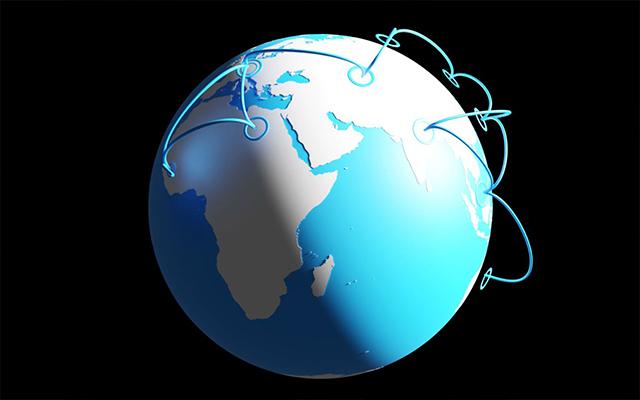
Launch of a New UN Report “Interconnected Disaster Risks” on 31 August
Our world today is facing an unprecedented level of extreme events impacting people and nature, evident in the ever-increasing frequency of severe weather events, epidemics and human-made disasters. In 2020/2021, the world witnessed a number of record-breaking disasters that showed us clearer than ever before how interconnected we are, for better or worse. In 2021/2022, the world yet again witnessed catastrophic disasters happening around the globe, from record-breaking heat to floods, extreme droughts, wildfires, and earthquakes to which no one and nowhere is immune.
The 2021/2022 edition of the Interconnected Disaster Risks report analyses 10 recent disasters from around the world, which were selected for their notoriety and representation of a larger global issue that has changed or will change lives across the world, and identifies solutions that can help to prevent or better manage them in the future. Launched two months ahead of the annual UN Climate Conference, the report makes it clear that hazards such as hurricanes and earthquakes do not need to turn into disasters if we invest and scale up smart solutions.
Climate change’s impacts are increasingly felt, and the challenges concerning disaster risk reduction continue to grow and are intensified by the impacts of the loss of nature and vanishing biodiversity. Solutions are already being implemented around the world to address risks, but interconnectivity is not yet placed at the heart of solution design and implementation. While many of the solutions require actions on international, national, or regional scale, individual (in)actions also matter. Because disasters can be connected to individual and collective human behaviour, we can be part of the solution if we take actions, which support solutions or avoid further risk creation. We can be agents of change if we learn about risks and adjust our own behaviours at the individual level.
Learn more about the upcoming report here, the website of the United Nations University – Institute for Environment and Human Security and read their report on 31 August.